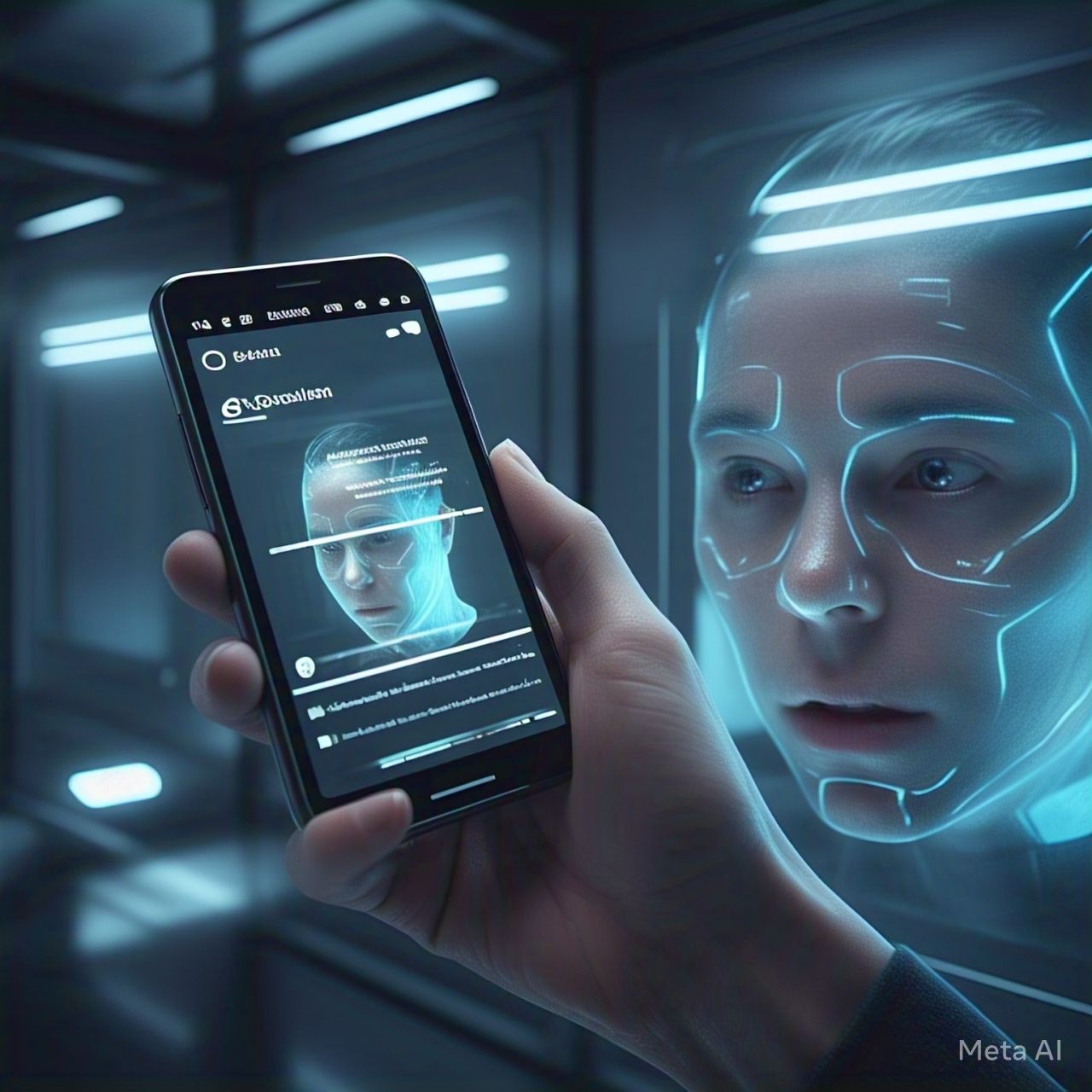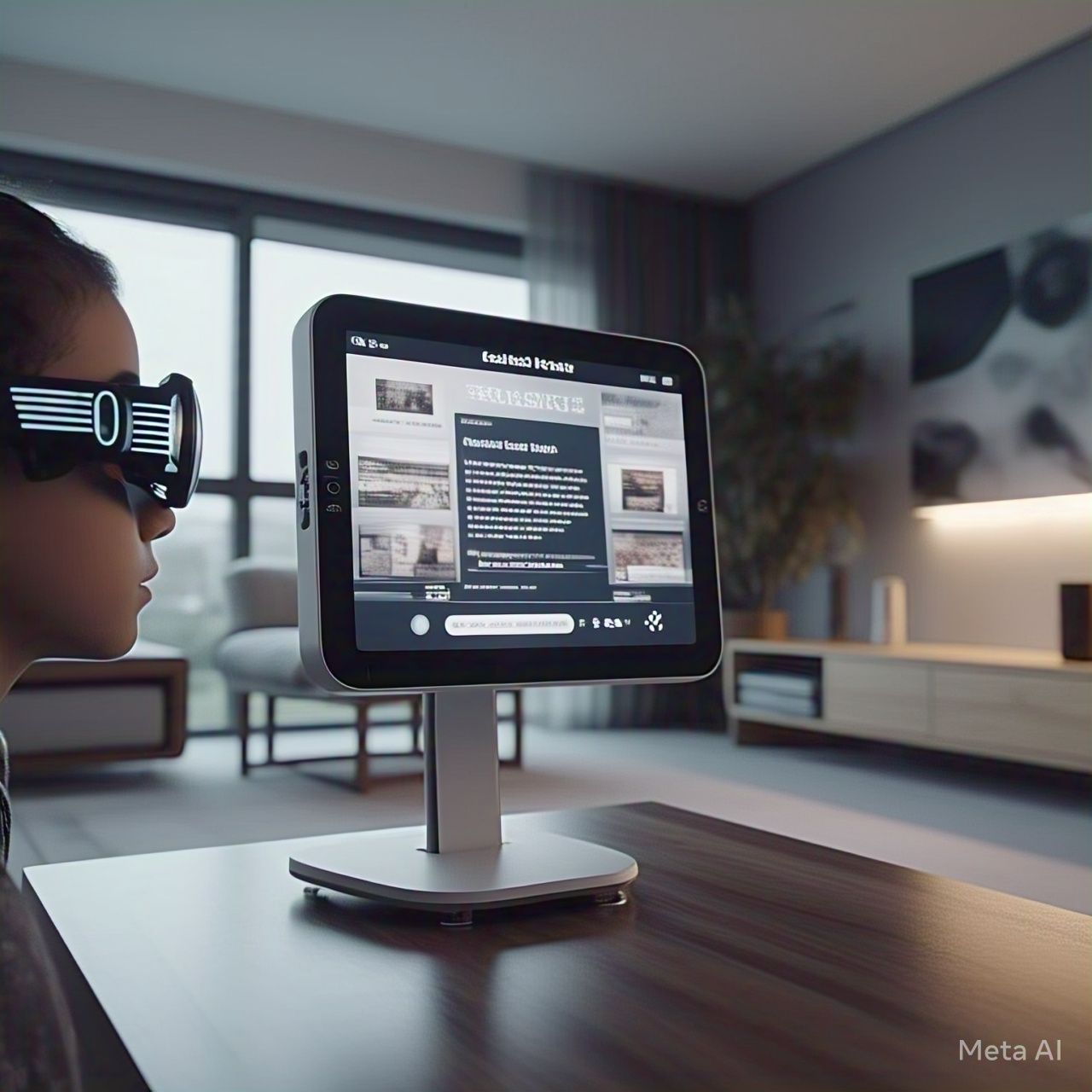Introduction
As smartphones become the gateway to our digital lives, security is more critical than ever. Traditional authentication methods, such as PINs and passwords, are increasingly being replaced by AI-powered biometric authentication. From facial recognition and fingerprint scanning to voice and iris recognition, AI is revolutionizing mobile security by making authentication faster, more secure, and user-friendly. In this article, we explore how AI enhances biometric authentication and what the future holds for mobile security.
How AI Enhances Mobile Biometric Authentication
1. AI-Powered Facial Recognition
Facial recognition technology in smartphones uses AI to:
- Map facial features in 3D for more accurate identification.
- Detect spoofing attempts, preventing unauthorized access using photos or masks.
- Adapt to changes in appearance, such as aging, makeup, or facial hair.
Advanced AI-driven systems, such as Apple’s Face ID and Samsung’s Intelligent Scan, ensure secure and seamless unlocking.
2. AI in Fingerprint Recognition
AI has improved fingerprint scanning by:
- Enhancing accuracy, reducing false rejections or approvals.
- Learning user fingerprint patterns over time for adaptive security.
- Supporting under-display and ultrasonic sensors, enabling sleek and efficient designs.
3. AI for Voice Recognition Security
AI-driven voice biometrics authenticate users based on:
- Unique vocal characteristics, such as tone, pitch, and cadence.
- Detection of background noise and voice changes to prevent spoofing.
- Continuous learning, improving accuracy even when the user has a cold or speaks differently.
4. Iris and Retina Scanning with AI
AI enhances iris and retina recognition by:
- Improving scanning speed and precision, reducing authentication time.
- Detecting artificial replicas, making it harder for hackers to bypass security.
- Enhancing security in low-light conditions, making biometric scanning more reliable.
Advantages of AI-Based Biometric Authentication
1. Increased Security and Fraud Prevention
AI algorithms analyze vast datasets to detect anomalies and prevent identity fraud, spoofing, and deepfake attacks.
2. Faster and More Convenient Authentication
AI reduces the need for passwords, enabling seamless and instant unlocking with minimal effort.
3. Adaptive and Continuous Learning
AI-based biometric systems learn from user behavior and adapt over time, improving both accuracy and usability.
4. Multi-Layered Authentication
AI allows for multi-factor authentication (MFA) using multiple biometric traits, making devices more secure.
Real-World Applications of AI in Mobile Biometrics
1. Smartphone Security and Payment Authentication
- Apple’s Face ID and Google’s Pixel Face Unlock use AI-driven facial recognition for secure access.
- Biometric payment authentication, like Samsung Pay and Apple Pay, enhances digital transaction security.
2. Enterprise and Government Applications
- AI-powered biometric authentication is used for employee access control and government security systems.
- Countries like India use AI-driven biometrics for national identity verification (Aadhaar system).
3. AI in Banking and Financial Services
- Banks integrate AI-powered biometrics for secure mobile banking logins.
- AI prevents fraud by detecting unauthorized access attempts.
The Future of AI in Mobile Biometric Authentication
1. AI-Powered Behavioral Biometrics
Future security systems will use AI to analyze:
- Typing patterns, touch gestures, and walking style for continuous authentication.
- User behavior changes to detect potential identity theft or unauthorized access.
2. Decentralized AI Authentication
- On-device AI authentication will reduce reliance on cloud storage, enhancing privacy and speed.
- AI will enable offline biometric verification, making authentication possible without internet access.
3. AI-Enhanced Deepfake Detection
With the rise of deepfake attacks, AI will play a crucial role in distinguishing real biometric data from fake identities.
Conclusion
AI-powered biometric authentication is transforming mobile security, offering unmatched accuracy, efficiency, and protection. As AI continues to advance, biometric authentication will become even more seamless, adaptive, and resistant to cyber threats. From unlocking smartphones to securing financial transactions, AI-driven biometrics are shaping the future of mobile security.





